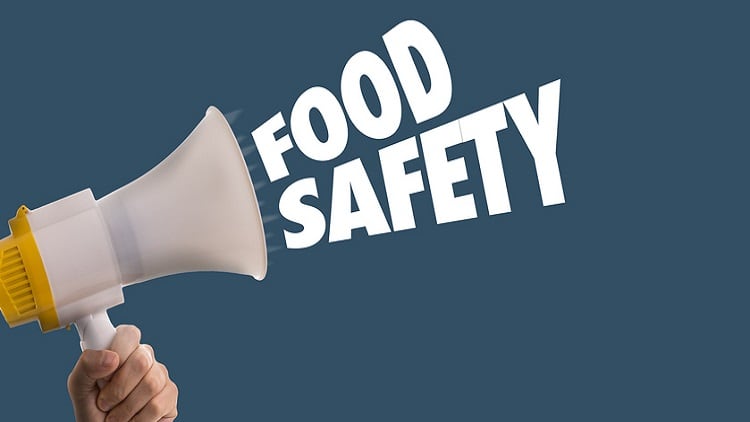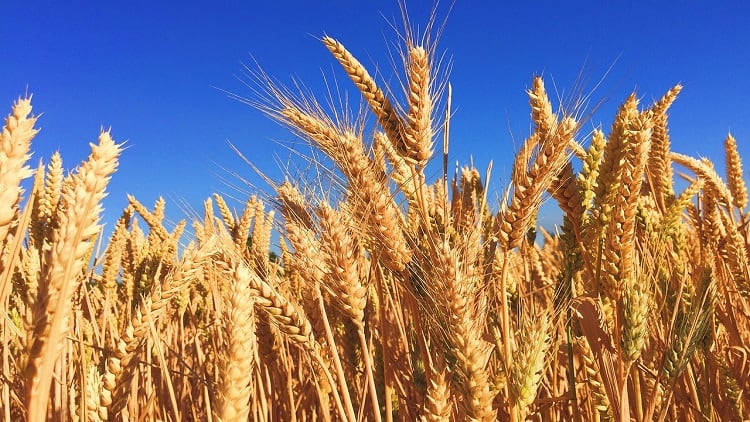The guidelines have specified the roles that the local government should play and how they will be supervised..
For example, the local government are expected to lead food safety efforts, devise solutions, and report on their progress.
In a media conference, China’s State Administration of Market Regulation (SAMR) explained that while food safety efforts had increased throughout the years, there were still challenges faced, and thus there was a need to build a system of accountability in promoting food safety, local media Sina reported.
It also said that the guidelines are “the party’s first set of regulations” with regards to the responsibility of local party leadership in ensuring food safety.
Under the new guidelines, the local government, such as the local party committee cadres, are identified as the “crucial few” in upholding food safety works.
To promote compliance, the performance of party and leading officials will be assessed according to their amount of efforts in promoting food safety.
The SAMR has thus stated three main ways to supervise the local government, including 1) tracking their efforts 2) inspection of their effort and 3) conducting appraisal.
Success in improving food safety levels would be rewarded while failure to effectively handle food safety incidents, concealing incidents or interfering in the handling of cases would be punished.
The guidelines which came into force on Feb 5, was only publicly announced on February 24.
"Although similar measures such as local governments taking responsibility for food safety in their jurisdictions have been mentioned in previous laws and regulations, including the new Food Safety Law, the release of this regulation will intensify the pressure on local officials," said Luo Yunbo, a food sciences professor at China Agricultural University told China Daily.
Food safety expert Mitchell Weinberg previously also told FoodNavigator-Asia that when the China authorities said they want to fight food fraud, there was a 50% truth to it.
This is because the authorities need to strike a balance between combating food fraud and protecting the reputation of the “China brand” at the same time.
According to the SAMR, more than 97% of food available in the market met standards. The inspections conducted during the last quarter were organised by the local market regulation authorities across China and covered more than 1.4 million batches of food.
Past records
In the recent months, China has tackled a number of high profile food fraud cases.
The more prominent ones included the crackdown on Pinduoduo, an e-commerce site notorious for selling counterfeit products, including food, at unbelievably low prices.
The SAMR had subsequently ordered the site to step up the vetting of products listed on its platform.
Recently, 350 year old TCM maker Tong Ren Tang was also punished for using expired honey and putting false production dates on its honey products.
Fourteen senior executives were held responsible and faced severe disciplinary actions, with the party chief and president of the company ordered to submit a confession of his mistakes to the market regulator.





